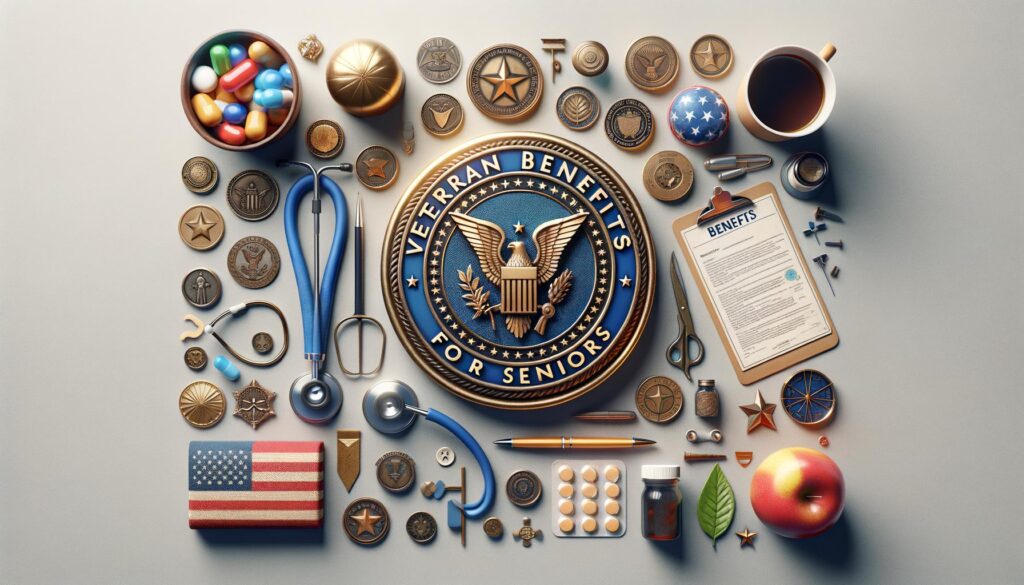Exploring Veteran Benefits for Seniors: A Comprehensive Guide
Understanding Eligibility for Veteran Benefits
When it comes to accessing veteran benefits, understanding eligibility is the first crucial step. Veterans who have served on active duty and were honorably discharged may qualify for various benefits. It’s important to note that eligibility can also extend to spouses and dependents in certain cases. The Department of Veterans Affairs (VA) offers a plethora of resources to help veterans determine their eligibility status. Factors such as service duration, discharge type, and disability status can all play a role in the eligibility process. Thorough documentation and service records are often required to confirm eligibility, so maintaining organized records is essential. Veterans should also be aware that eligibility criteria can vary depending on the specific benefit they are applying for, whether it be healthcare, pensions, or educational assistance.

Healthcare Benefits for Senior Veterans
Healthcare is one of the most significant benefits available to senior veterans. The VA provides comprehensive healthcare services, ranging from routine check-ups to specialized medical treatments. Senior veterans can access services at VA medical centers, community-based outpatient clinics, and through the Veterans Choice Program, which allows for care outside the VA system if necessary. The healthcare benefits include:
- Primary care
- Specialty care
- Mental health services
- Geriatric and extended care
- Prescription medications
These benefits aim to ensure that veterans receive the medical attention they need as they age, promoting overall well-being and quality of life.
Pension and Financial Assistance
For senior veterans, financial stability can be a concern, and the VA offers several options to support this. The VA pension program provides a monthly benefit to wartime veterans who meet specific age or disability requirements and who have limited income and net worth. Additionally, the Aid and Attendance benefit offers extra financial support for veterans who require assistance with daily living activities. This can be a significant aid for those needing home care or residing in assisted living facilities. Understanding the application process and gathering the necessary documentation, such as income information and medical records, is crucial for accessing these financial benefits.
Educational and Vocational Benefits
Education doesn’t stop at a certain age, and senior veterans have opportunities to further their learning and skills. The Post-9/11 GI Bill and Montgomery GI Bill are well-known programs, but there are also tailored options for older veterans. The VA offers the Veteran Readiness and Employment (VR&E) program, which helps veterans with service-connected disabilities prepare for, find, and maintain suitable employment. This program can be particularly beneficial for seniors looking to transition into new careers or improve their job skills. Additionally, veterans can access educational counseling and career guidance to explore various educational pathways.
Additional Support Services
Apart from the primary benefits, senior veterans can also access a range of support services designed to enhance their quality of life. These services include transportation assistance to and from VA medical appointments, caregiver support for those who require assistance in daily activities, and various recreational programs aimed at promoting social engagement and mental well-being. Moreover, the VA offers resources for end-of-life care planning, ensuring that veterans and their families are well-prepared for future needs. By taking advantage of these services, senior veterans can enjoy a more fulfilling and supportive lifestyle, leveraging the benefits and support systems they rightfully deserve.
